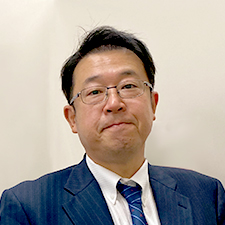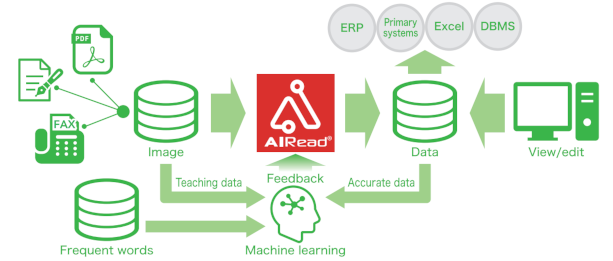Japan Pulp & Paper’s business is not limited to being a distributor (primary wholesaler) for paper manufacturers. It can also realize the new potential of paper and support and maintain paper distribution networks in regional areas.
Secondary wholesalers, known as "merchants," are the key to doing business in the Tohoku region, located in the northeastern part of Japan's main island of Honshu, and the stage for this issues’ topic. Merchants in the paper distribution industry are businesses that maintain stock and delivery functions and sell various kinds of papers including printing paper, paperboard, and communication paper to printing companies, publishers, general companies, and the local authorities. Printing companies and publishers use various styles of paper for a variety of purposes, and in many cases, the paper can’t be delivered in the large bulk form in which paper distributors, such as Japan Pulp & Paper, purchase it from paper manufacturers. That's why merchants provide detailed services, such as cutting the paper into small lots and delivering it in accordance with the customer's needs. A characteristic of merchants in the Tohoku area is that very few businesses deal with just paper alone, with many also often selling other items such as office supplies.
To date, the Tohoku Sales Department at Japan Pulp & Paper’s Kitanihon Branch has had a history of working with merchants and other customers in the region, which will remain unchanged. Local customers will continue to serve as the key to its business.
Japan Pulp & Paper’s slogan is “Paper, and beyond.” It is a phrase that expresses the company’s attitude to continue to move forward together with paper and to what lay ahead. The future is what is important; however, the future is supported by the present and the past. Our future business will not succeed if we do not value the relationships of trust that we have continuously built with our customers in the region. Still, it is also clear that we will not be able to survive with our past business practices alone. To continue to support paper distribution in Tohoku, the Tohoku Sales Department is eyeing a circular society while contemplating something new as it now faces a time to transform.

General Manager
Tohoku Sales Department, Kitanihon Branch

Sales Section 1, Tohoku Sales Department, Kitanihon Branch
















